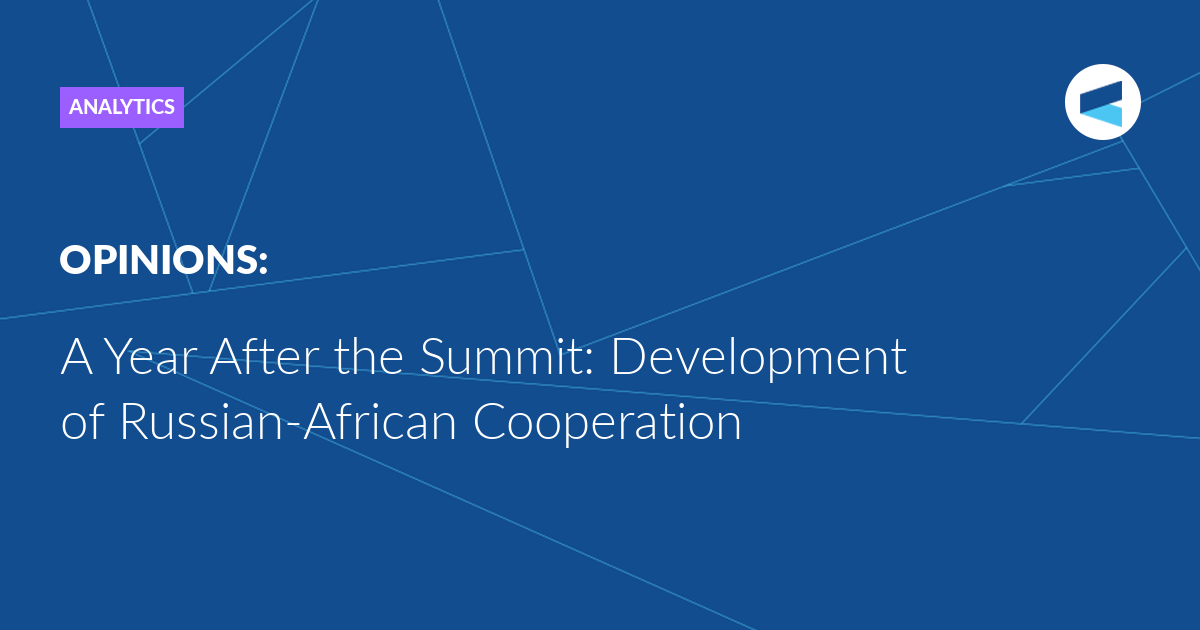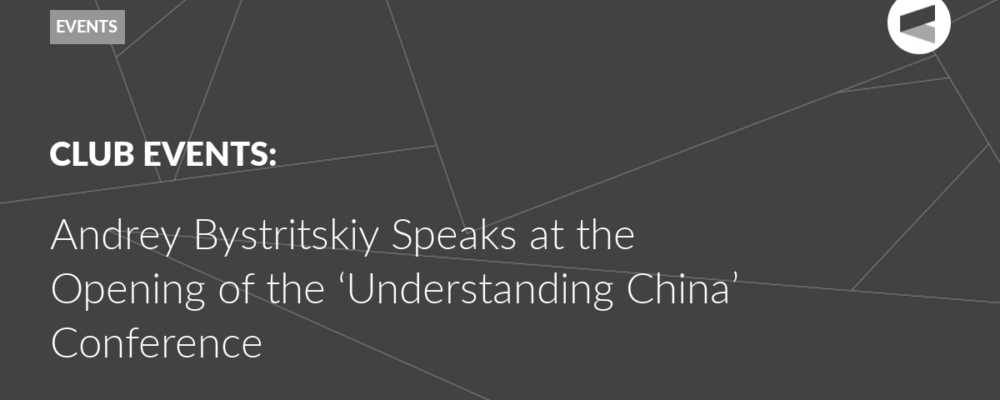The Second Russian-African Conference of the Valdai Discussion Club was held at a high academic level and aroused wide media interest both in Russia and Tanzania. The African participants of the conference expressed a strong interest in continuing this work.
In late July 2024, the Valdai Discussion Club held its Second Russian-African Conference. A year ago, ahead of the Russia-Africa Summit, the club organised the first conference of this kind in St. Petersburg. This time, the event was held on African soil, in Tanzania, with the support of the Embassy of the Russian Federation in Tanzania and the Russian House in Dar es Salaam. Experts from the three African BRICS member countries — Egypt, Ethiopia, and South Africa — were invited to participate in the conference. More than 20 Tanzanian representatives from politics, business, the media, science, higher education, and civil non-governmental organisations also took part in the conference. The conference significantly contributed to strengthening ties between Russian and Tanzanian experts and to a better understanding of each other’s positions. All this laid the foundation for the development of fruitful bilateral cooperation in the future.
During the conference, two expert documents were presented, which were specially published by the Valdai Club for this event. These were the Valdai Club Report “Russia-Africa Cooperation: Outlook and Objectives”, written by a team of authors led by Andrey Maslov, Director of the HSE Centre for African Studies, and the Valdai Paper “Tanzanian New Ground for Russian Businesses. Prospects for Cooperation in Agriculture”, prepared by Mayya Nikolskaya, Acting Director of the MGIMO Centre for African Studies. Both reports aroused great interest among the African participants of the conference, and were discussed in detail.
The past year since the St. Petersburg Russia-Africa Summit has allowed us to sum up the first results of the implementation of its decisions. Both Russian and African conference participants noted in their speeches that our cooperation has now acquired a systemic approach and is developing dynamically and effectively. Of particular importance was the inclusion of two new African member states in BRICS — Egypt and Ethiopia. This has made it possible to make the African dimension of BRICS more extensive. This is also facilitated by the BRICS strategy for the comprehensive development of cooperation with other countries of the continent. The fundamental importance of this was noted by the Tanzanian participants in the conference. The heads of two influential business structures of Tanzania — the National Business Council and the Tanzania Investment Centre — spoke at the event. Their speeches emphasised the openness of Tanzanian business to the development of mutually beneficial contacts with Russia, as well as the readiness of local corporate associations to provide consulting and other support to Russian entrepreneurs. The non-politicised nature of the business environment in Tanzania was noted as its competitive advantage compared to other countries. The Tanzanian economy is currently developing steadily, with constant GDP growth and a capacious consumer market, which also increases its attractiveness for establishing business ties. As noted at the conference, a separate segment of economic ties with great potential for development is associated with cooperation in the field of food security in Tanzania: supplies of grain and other agricultural products. Another area for promising cooperation is information technology, the creation of popular IT platforms and systems for storing and processing big data for both business and social needs. The provision of early weather warning systems for agriculture is also in demand, both with the help of unmanned vehicles and via satellite images — the remote sensing of the Earth from space. Cooperation and the transfer of experience in the field of veterinary medicine are also of great interest.
It is clear that Tanzania, like other African countries, despite its dynamically developing economy, is not one of those countries with a significant surplus of wealth. Therefore, for a number of projects in which the country is interested, it is unlikely to have the necessary solvency in the short term to independently cover all costs. In this regard, the key tool for consolidating Russian business (especially high-tech) both in Tanzania and in other African countries is the creation of an effective mechanism of state support, preferential lending, subsidies and the insurance by Russia of our business projects in Africa from the Russian side. Chinese companies work in Africa operate partly in line with this model, with serious state support. This support could be carried out both through existing and through new specialized banks or funds. It is also clear that in the context of unabated sanctions risks and the very real threat of such funds/banks falling under Western sanctions, this support could be decentralised and dispersed, without unnecessary media coverage. However, the rejection of such mechanisms of state support for Russian business would reduce its competitiveness in Africa compared to Chinese, Arab, and even Western companies.
One of the significant substantive elements of the conference was the discussion of media policy regarding the formation of Russia’s image in Africa. The depoliticisation of Tanzania is also reflected in the fairly objective coverage of Russia’s position in local media. The Valdai Club Conference also received a positive response on Tanzanian television and in leading newspapers. Many local journalists and media executives are open to dialogue with Russia, but they need to receive timely information directly from Russian sources, rather than through Western news agencies. In this regard, the heads of the Tanzania Broadcasting Corporation (TBC), who spoke at the conference, emphasized that they lack correspondent offices for Russian media and news agencies in the country. This complicates direct contact with Russian colleagues and complicates the receipt of comments from Russian experts for local media. A similar situation is typical for many other African countries.
It is obvious that Russian media have increased their presence in Africa over the past several years. This applies to both specialised media focused on foreign audiences and to the main media and news agencies of Russia. At the same time, the issue of opening correspondent offices, if not in every last country, then at least in all major African states open to dialogue with Russia, has not been resolved. It is clear that this necessitates serious cost outlays, and is unlikely to be commercially viable within the framework of our media’s own financial priorities. Therefore, the issue of state support and subsidies for Russian media and news agencies to create their correspondent networks in African countries is also experiencing greater and greater demand here. The political and national expediency of such measures is quite obvious. At the same time, given the presence of active associations of graduates of Soviet and Russian universities in Tanzania and a number of other African countries, journalists for such correspondent offices could be selected locally, among Russian-speaking Africans. This would reduce the media’s expenses to a certain extent (for renting an apartment for a correspondent, etc.), would strengthen the sense of belonging to Russia among African graduates, and, given the initial immersion of Russian-speaking Africans in the local information and political environment, would make the work of the correspondent’s offices more effective than in the case of sending a journalist from Moscow who would find himself in a new environment. The same applies to the issue of restoring and expanding Russian radio broadcasting in Swahili, a key language for both Tanzania and all of East Africa. It also applies to posting material in Swahili on the websites of Russian media and news agencies aimed at a foreign audience. The Tanzanian participants in the conference also spoke about this. This would significantly expand the audience of listeners and readers of Russian media in the region compared to materials in English. Here, attracting local personnel from among graduates of Russian universities would contribute to an effective solution to the problem.
Another topic that was discussed in detail at the Valdai Club Conference was cooperation in the field of culture and education. The Russian House in Dar es Salaam carries out effective programmes to popularise the Russian language and the culture of the peoples of Russia in Tanzania. The number of quotas for Tanzanian applicants to study in Russia is increasing, and there is a fairly high degree of competition for these places. The importance of these projects was emphasised by the Tanzanian participants in the conference. The delegation from Tanzania took part in the World Youth Festival in Sochi in the spring of 2024. Its representatives shared bright positive impressions of this event at the conference.
In the speeches of Tanzanian professors and cultural figures at the conference, the issue was also raised that Russia in its cultural and linguistic policy in Africa can use the best practices demonstrated in a similar policy by China. In particular, this is the introduction of teaching the Chinese language not only on the basis of their specialised organizations (Confucius Institute), but directly in Tanzanian schools, starting with pilot classes. China is now actively developing this practice in Tanzania and other African countries. This allows for a significant increase in the number of language students compared to classes at the Confucius Institute alone, and for a much larger circle of people to be involved in the process of familiarisation with Chinese culture. The African participants of the conference spoke about the advisability of such an approach to expanding the teaching of the Russian language in Tanzania and other countries, at least initially on the basis of pilot classes in selected local schools. It is clear that this also requires state support from our side, but the advisability of such measures is quite obvious.
In general, the Second Russian-African Conference of the Valdai Discussion Club was held at a high academic level and aroused wide media interest both in Russia and Tanzania. The African participants of the conference expressed a strong interest in continuing this work.
The Valdai Discussion Club was established in 2004. It is named after Lake Valdai, which is located close to Veliky Novgorod, where the Club’s first meeting took place.
Please visit the firm link to site






